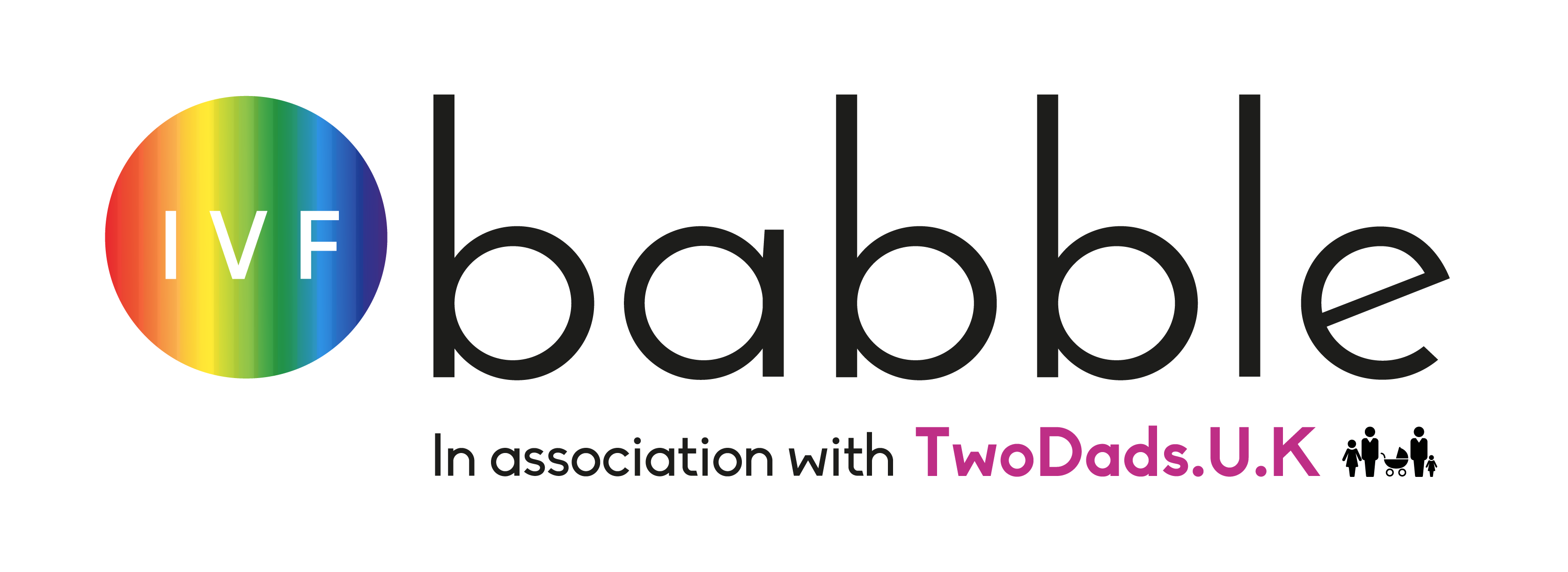With cases of co-parenting rising at a dramatic rate, it’s important to have a look at the legal side.
The law is often complicated, and it’s no different when it comes to the issue of co-parents rights and responsibilities. Not simply a one-size-fits-all matter, the law varies across the globe and is often determined by viewing each situation on an individual basis.
UK Law
For many heterosexual couples faced with separation or divorce, co-parenting agreements can often be reached without having to seek legal representation to attend court. When both parties are unable to make arrangements together, the law will assess the needs of the child and where possible, will aim for the mother and father to maintain contact with the child and have an equal say in their upbringing.
Co-parenting can occur when a woman gives birth to a child, fathered by a sperm donor. The male donor can ensure he has a legal and parental responsibility of the child by having his name present on their birth certificate. In this instance, the birth mother and the biological will be legally recognised as the parents of the baby. However, if the father is in a relationship with someone else, whether a male or female, and wants them to be a part of the child’s upbringing too, then they can apply through the courts for parental rights. Although this provides them with security in terms of decision making where the child is involved, it has no legal basis for matters such as inheritance. If the couple want to adopt the child, this can only happen if the birth mother has her rights removed, since the law only allows for two named parents.
A lesbian couple who are keen to raise a child together will often rely on a sperm donor. The Human Fertilisation and Embryology Act (2008) states that any child conceived in this way can have both females regarded as the legal parents. This can occur if the father willingly gives up his parental rights, meaning he will no longer have any legal obligation regarding the child.
Whatever the situation, anyone embarking on the journey of co-parenting is advised to seek legal advice beforehand.
It is a complicated matter and often requires careful planning with lots of paperwork. While several people can share parental responsibility of a child, the law only permits two legal parents, therefore it’s best to be clear with all co-parents in advance of the birth to avoid any long, complicated and exhausting legal disputes.
The law automatically recognises the birth mother as a legal parent, and her husband or civil partner as the other. If the mother is unmarried or not part of a civil-partnership, then the other person will only be recognised as having parental responsibility if their name is on the birth certificate. If you are adopting, or using a surrogate or donor, or involved in a co-parenting partnership in any other way, it is crucial to discuss with all parties involved what each of your expectations are. Clear boundaries should be set, with the correct legal procedures being followed. Discuss with each other, as honestly as you can, what role you want to play in the child’s life and how much input you expect to have.
Ideally, those considering co-parenting should agree on a written contract and have each person sign it. While these sorts of preconception agreements are not legally admissible in court, they are extremely useful if future problems occur and can actually prevent any from arising. The agreement doesn’t have to be written by a professional, or follow a specific format. It simply should state the wishes of each co-parent, evidencing a mutual agreement on the role each person will play in the kids upbringing and what their responsibilities will be. Although these written contracts can be produced without the use of a legal representative, those completed with the aid of a solicitor may be considered of higher importance by a court.
U.S. Law
America has no national law in place when it comes to conception involving the use of a surrogate and/or donor, however The Association Society for Reproductive Medicine have produced clear guidelines. Donors and surrogates should always seek legal advice to make sure they are aware of their legal rights and responsibilities before making any commitment. Signing a preconception agreement with all parties involved is highly recommended as a means of avoiding future disputes, as well as helping resolve any that may arise.
Non-biological parents can apply to the courts to secure legal parental rights, regardless of their sexual orientation and relationship status. Again, writing a parenting agreement is a great way of establishing the wishes of everyone who plays a role in raising the child.
The Uniform Parentage Act (2002) is in place to protect the intended parents of a child born using a surrogate. The surrogate, her partner and the intended parents must sign a contract beforehand that agrees on matters such as legal parenthood and compensation. The law differs across States however and so seeking legal guidance is essential.
As in the UK, most American States will only allow a maximum of two legal parents per child.
There are however a few States where this is not the case. These are California, Washington D.C, Washington, Oregon, Delaware, Alaska, Louisiana, Pennsylvania and Massachusetts.







